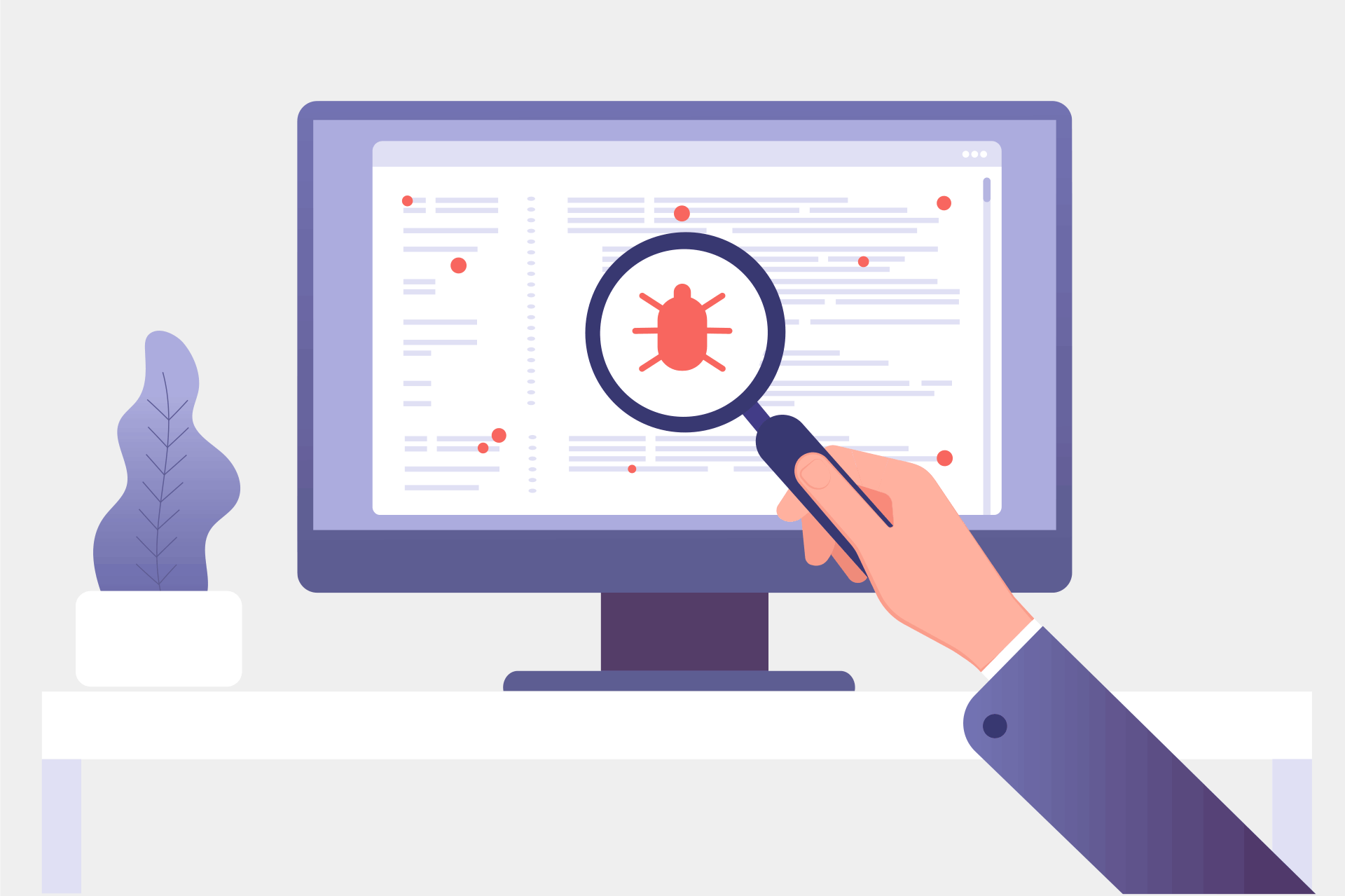The True Cost Of A Data Breach: More Than Just Money
A data breach impacts more than your bottom line—it threatens your reputation, disrupts operations, and erodes customer trust in ways that no...
2 min read
.jpeg) Michael Markulec
:
Feb 24, 2023 9:28:00 AM
Michael Markulec
:
Feb 24, 2023 9:28:00 AM
In today’s digital age, cyber threats are a major concern for businesses of all sizes. Cybercriminals are constantly looking for ways to access sensitive data, and one of the most common ways they gain entry is through unsuspecting employees. This is why cybersecurity awareness training is critical for all employees, regardless of their role within the organization.
Not only is cybersecurity awareness training necessary to protect sensitive data from cybercriminals, but it may also be mandated by federal and state regulatory requirements. Offering training to employees demonstrates due diligence, which can reduce liability and potentially save a company from regulatory fines and collateral damage in the event of a breach.
It’s important to tailor cybersecurity awareness training for technical and non-technical employees to ensure the information is relevant to each group. Additionally, the training should be adapted for different generations of employees, as younger generations may be more comfortable with technology and technobabble.
The cybersecurity awareness training should cover a range of topics, such as password security, access privileges, and secure network connections. Employees need to understand the risks associated with weak passwords, the importance of access privileges, and the dangers of working on a non-secured network connection.
The training should also address social engineering and phishing attacks, which are designed to trick employees into divulging sensitive information. Employees need to learn how to recognize and counter these attacks, as they can come from seemingly trustworthy sources.
Another critical aspect of cybersecurity awareness training is the security of devices. Employees who use their own devices to access sensitive organizational data need to understand why their devices are particularly vulnerable to cybercriminal attacks. They should also learn best practices for using mobile and computer devices safely for work and recognize the risks posed by non-secure, unattended personal devices.
Finally, cybersecurity threat reaction is another important aspect of cybersecurity awareness training. IT staff need to learn how to properly react to a cybersecurity threat or breach, including how to assemble a threat reaction team, investigate and determine the source of the attack, contain the damage, assess the severity of the breach, and notify affected employees.
In conclusion, cybersecurity awareness training is critical for all employees in an organization. It is not only necessary to protect sensitive data from cybercriminals, but it may also be mandated by federal and state regulatory requirements. The training should be tailored for technical and non-technical employees and adapted for different generations. It should cover a range of topics, including password security, access privileges, secure network connections, social engineering and phishing, device security, and cybersecurity threat reaction. With the right cybersecurity awareness training, employees can become a stronger line of defense against cyber threats and help protect their organization’s sensitive data.

A data breach impacts more than your bottom line—it threatens your reputation, disrupts operations, and erodes customer trust in ways that no...

Vulnerability scanning and penetration testing are two very different ways to test your system for any vulnerabilities. Despite this, they are often...

In today's digital age, cybersecurity is essential for businesses of all sizes. While larger companies often have dedicated IT departments and larger...